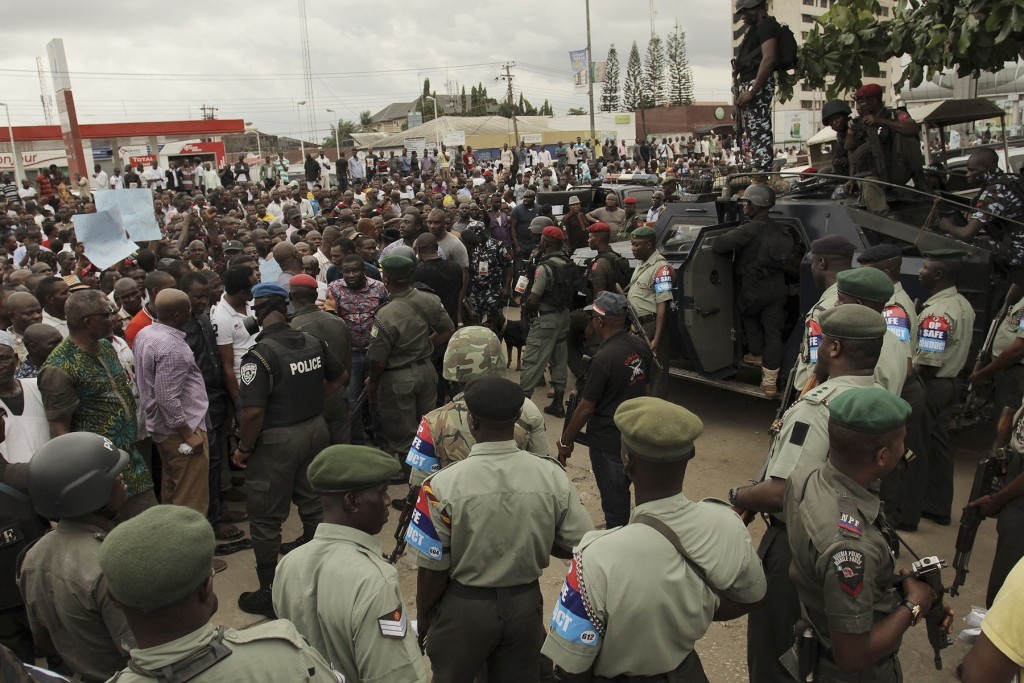
Oil production in Nigeria is forecast to falter due to underinvestment according to analysis from research and consulting firm GlobalData.
Despite more than 37 billion barrels of oil remaining in proven reserves the country faces challenges with need for reform and transparency to reverse this trend.
However Young Okunna, an upstream analyst covering Sub-Saharan Africa, said Nigeria’s gas sector could be rejuvenated by capitalising on the chance to rebuild investor confidence following the election of President Muhammadu Buhari.
Okunna said: “Buhari brings a reputation as a heavy-handed president able to potentially neutralize the Boko Haram threat, which is concentrated in the poorer northeast of the country.
“While the oil sector is concentrated in the south, the Islamist group has in the past named refineries and oil infrastructure as targets.
“Nigeria’s new president is also a fierce opponent of corruption, having recently dissolved national oil company NNPC’s board following an estimated $20 billion scandal of inappropriately managed oil revenues.”
GlobalData has forecast that several new fields due to come online over the next five years will add slightly more than 300,000 barrels per day.
Nigeria faces competition from other countries, including Angola, which is expected to add more than 850,000 barrels per day over the same period from new fields.
GlobalData said the industry’s “stagnation” has been illustrated by more than 335 discoveries which remain unverdeveloped.
Around 185 of those have been exposed to oil theft and vandalism rampant in the Niger Delta.
Criminal activity has increased since 2010, with production losses estimated to be between 100,000 and 400,000 barrels per day.
Okunna added: “Peace in the Niger Delta region is of paramount importance to sustaining production and foreign direct investment.
“Country-specific challenges, such as fiscal instability, a militant insurgency, political and corporate corruption, and vandalism, will negatively impact the ramp up of investment.
“As companies look to redeploy capital after having pulled back when oil prices collapsed, Buhari’s government must reform the sector and also engage with community leaders to reduce sabotage and communal disturbances, in order to attract investment that will reverse the forecast production decline.”